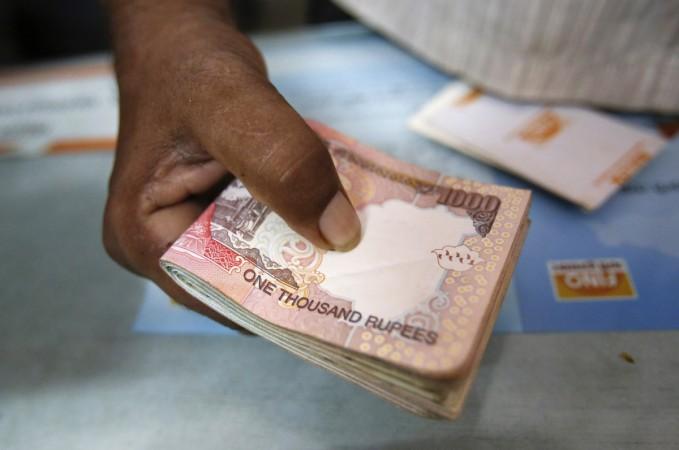
Even before the Union Budget was presented on Thursday, there were heavy expectations of high tax exemptions and reforms, especially among the salaried class.
Here's a look at whether the budget met expectations or not.
- Income tax exemption:
Expectations - It was expected that the income tax threshold will be raised from ₹2 lakh to at least ₹3 lakh, with some even hoping it would go up to ₹5 lakh.
Reality - Almost as if not to disappoint tax-payers, particularly the middle class, entirely, Jaitley announced a marginal rise in tax exemption by ₹50,000, thus taking it from ₹2 lakh to ₹2.5 lakh. Tax exemption limit for senior citizens went up from ₹2.5 lakh to ₹3 lakh.
- Home loans:
Expectations - It was expected that the exemption limit on interest paid on home loans will be raised from ₹1.5 lakh to at least ₹3lakh.
Reality - The housing loan exemption limit for self-occupied house was raised by only ₹50,000 to ₹2 lakh. - Investment Savings exemption:
Expectations - It was expected that the tax exemption on investment savings under Section 80 C be raised from ₹1.5 lakh to ₹3 lakh
Reality - Here again, the government stuck to its ₹50,000 exemption, thus exempting savings investments up to ₹2 lakh. - Retrospective Tax:
Expectations - There were expectations within the industrial community that the government would do away with retrospective taxes to create a more investment-friendly environment.
Reality - The NDA government refused to change the present rules on retrospective tax, but gave some relief by announcing that a high-level committee would look into cases of retrospective taxation.
- FDI in Defence:
Expectations - While Modi had given several indications of his government's keenness to bring in more foreign direct investment to sectors such as Defence, it was hoped that he would allow FDI up to 51 percent to attract more investors.
Reality - While Jaitley did open up the Defence sector to investments, he kept the cap a little short of expectations at 49 percent, which is still being seen as a major overhaul for defence production in the country. - Fiscal Deficit:
Expectations - While the former government had set the limit for fiscal deficit at 4.1 percent of the GDP for this fiscal year, there were strong rumours that the government would have to raise the limit to at least 4.5 percent, given the current economic state.
Reality - Jaitley said the government would stick to the pre-determined limit for fiscal deficit, by cutting down on expenditure. He, however, pinned the fiscal deficit for 2015-16 at 3.6 percent and for 2016-17 at 3 percent. - Reforms:
Expectations - It was hoped the government would bring in tax reforms, particularly with the introduction of the Goods and Services tax (GST).
Reality - The government did fall in line with the expectation, calling for an implementation of the Goods and Services Tax in order to streamline taxation. However, Jaitley refrained from laying down any timeline for the same.













